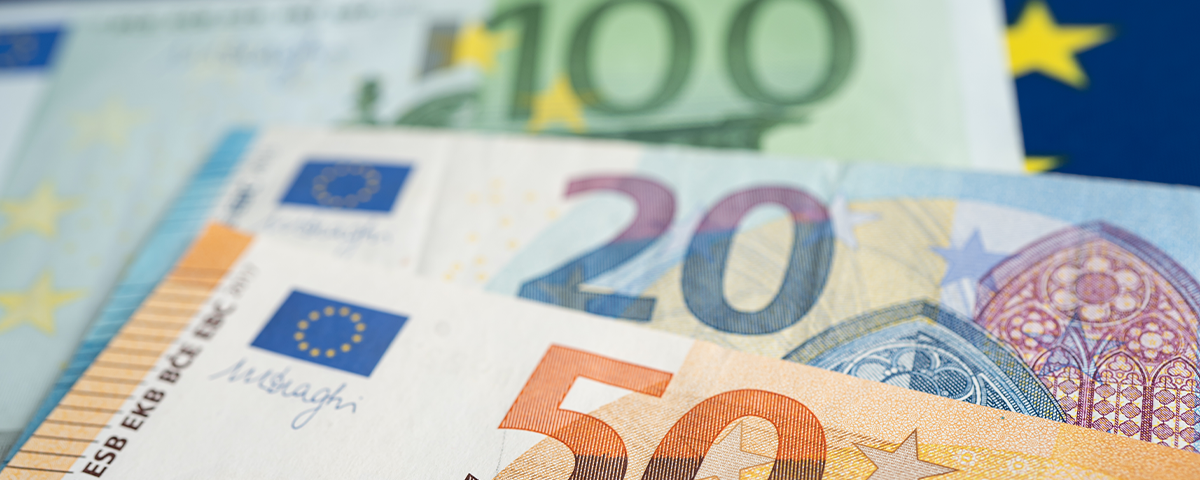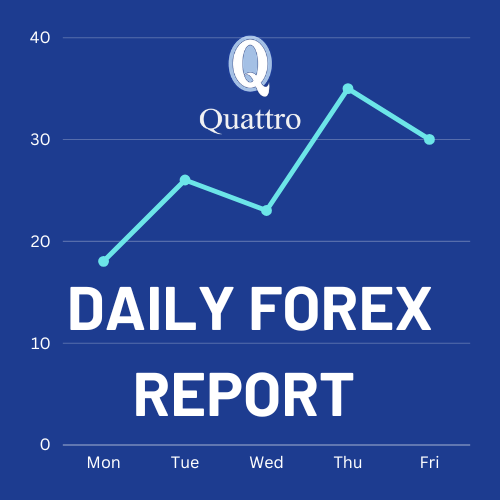AQUILO AWARDS 2023
October 23, 2023
HOW WE SEE THE WORLD – NOVEMBER 2023
December 7, 2023GLOBAL ECONOMY
The baseline forecast is for global growth to slow from 3.5% in 2022 to 3.0% in 2023 and 2.9% percent in 2024. With core inflation still high in many advanced economies, central banks may need to keep monetary policy tighter for longer than is currently priced in markets. However, financial conditions for developed economies have eased due to optimism about a soft landing, avoiding recession. Emerging markets and developing economies are projected to have a modest decline in growth from 4.1% in 2022 to 4.0% in both 2023 and 2024. Global inflation is forecast to decline steadily. Despite signs of resilience earlier in 2023, the impact of hiking interest rates to reduce inflation is expected to cool economic activity going forward. For now, it seems the Middle East crisis will not draw other countries into conflict which will allow monetary policy to stay the course and bring inflation to target, while fiscal consolidation is needed to tackle soaring debts, particularly in the U.S. The Israeli-Hamas conflict initially had investors concerned about the supply and price of oil should the neighbouring territories become involved. However, while the conflict continued, the oil market became less concerned about the market repercussions and the oil price gave up $10 a barrel in October.
In the higher-for-longer (interest rate) environment, concerns around global banking vulnerabilities should be raised a notch. A set of newly developed indicators, based on market data and analyst forecasts, point to a group of smaller banks possibly being at risk in the United States, and risks increasing in Asia, China, and Europe – source IMF.
USA
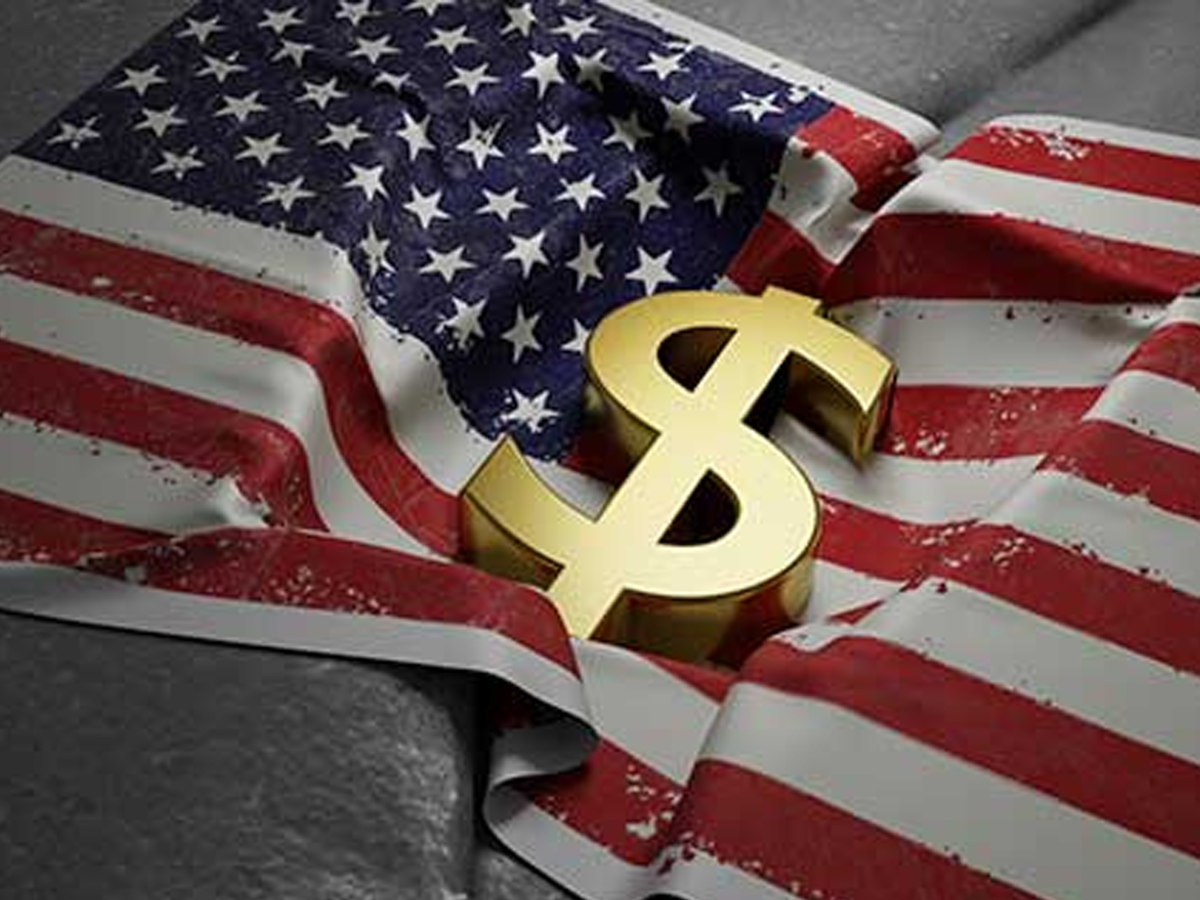
The unemployment rate, based on a survey of households, ticked up to 3.9% from 3.8% in September. This rate has been below 4% for nearly two years. This is an important indicator for the U.S and the Quattro house view team are keeping a close eye on any sharp movements. The bottom third of households in the USA have exhausted savings accumulated during the pandemic through fiscal stimulus programmes and have subsequently needed to increase borrowing to stay afloat.
A mammoth increase in interest rates by the FED has consequently put pressure on vulnerable borrowers and businesses. Despite this, it is the sentiment of many market analysts that the economy could keep chugging along, albeit at a more sluggish rate. The U.S still astonishes many analysts with some decent data. The US trade deficit narrowed to $58.3 billion in August 2023, the lowest since September 2020. Exports were up 1.6% and imports declined 0.7%. Retail sales in September increased 0.7% y/y, following on from a 0.8% rise a month before.
The USA is certainly behaving in a contrarian way which is indicated by the below polls hinting at a polarised view when predicting the short-term economic future of the USA. In a CNBC survey of economists, Wall Street strategists and market analysts, 49 percent said that they still expected a recession in the next 12 months, while 42 percent predicted a “soft landing, in which inflation continues to cool without a broad contraction. Bloomberg's latest poll shows a 55% probability for a recession in the next 12 months.
SOUTH AFRICA

Investors looking for good news in October after the market declines of August and September would have been bitterly disappointed. Both the FTSE/JSE All Share index and the S&P 500 index traded lower for the third consecutive month. The local index lost 3.8% in the month putting it in negative territory (-4.65%) for the year while the S&P 500 lost 2.2% in October to leave market gains at 9.23% for the first 10 months of 2023.
Inflation worries have once again been stoked. The consumer price index (CPI), which reflects the changes in prices of a representative basket of goods and services that households buy, increased to 5,4% in September 2023. Higher fuel prices had a significant impact on the monthly rate as well as the recent avian flu outbreak. The transport index was responsible for two-thirds of the 0,6% rise in the cost of living between August 2023 and September 2023.
South African retail consumers continued to cut back on spending, Mining output softened for a second consecutive month, contracting by 2,5% year-on-year. In some good news, South Africa's unemployment rate fell to 31.9%, the lowest in a year, from 32.6% in the prior period.
EUROPE
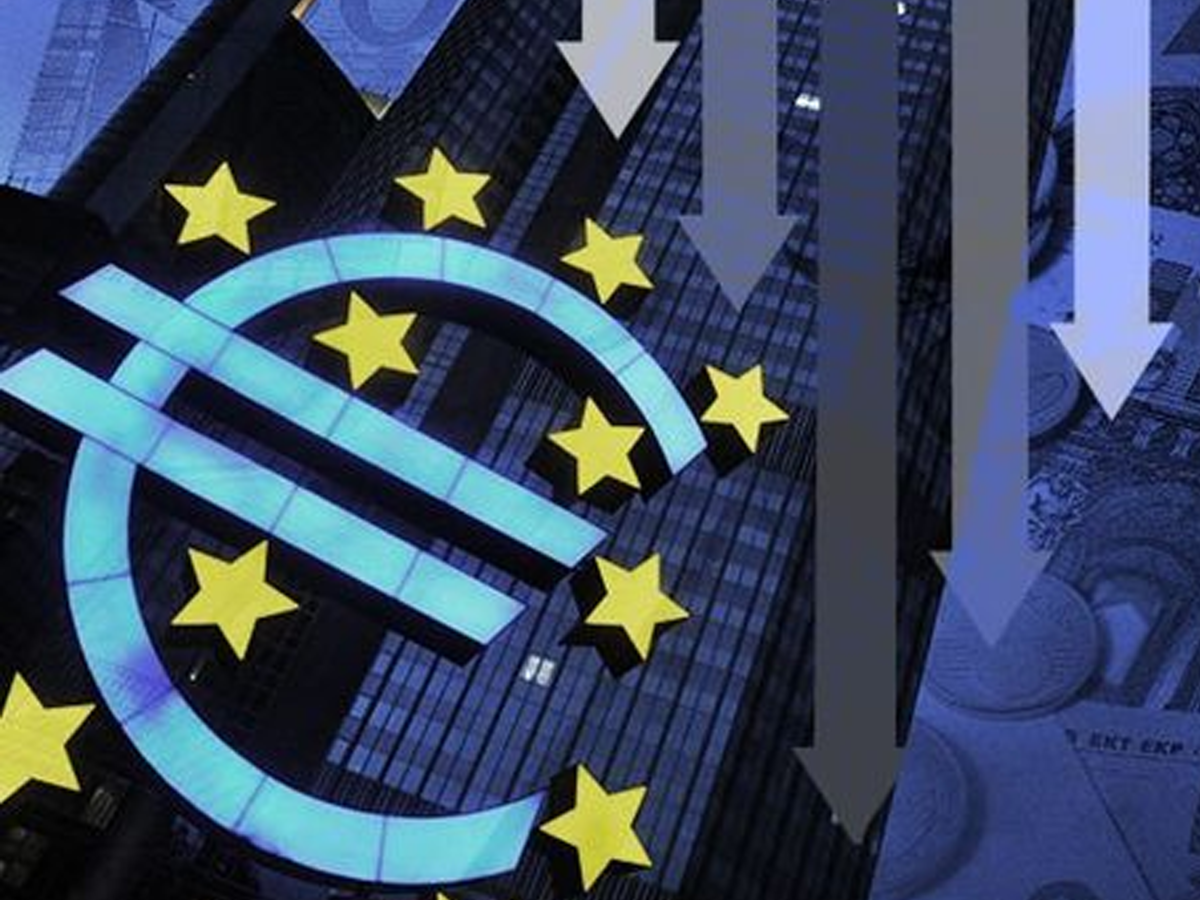
In Europe, interest rates were kept steady at 4.5% at the October meeting. This marked a shift in the European Central Bank's (ECB) stance and is reflective of a "wait-and-see" approach as recessionary fears become real. The decision followed a series of ten consecutive rate hikes since July 2022, which resulted in the main refinancing rate reaching a 22-year high. The decision aligns the ECB with the US Federal Reserve and the Bank of England (BoE), as the world's leading central banks pause to assess the impact of the sharpest hiking cycle in decades. ECB President Christine Lagarde noted that "the economy is likely to remain weak for the last quarter of 2023." The EuroStoxx 600 was down 4.5% towards month end.
UK
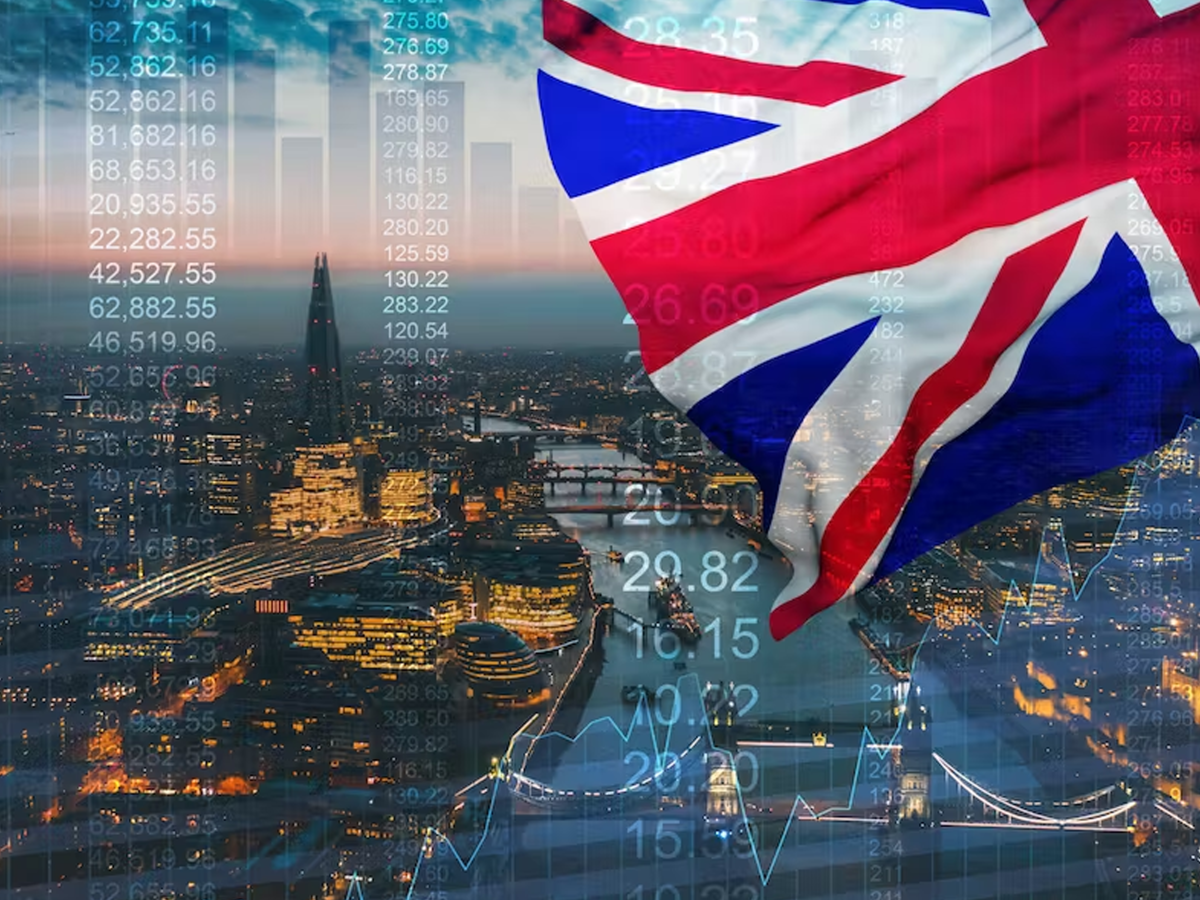
The BoE held its interest rate steady at 5.25% in September, compared to expectations of a 25bps rate hike, keeping borrowing costs at their highest level since 2008, as policymakers opted for a wait-and-see approach following the latest inflation and labour data, which suggested that the accumulated impacts of previous policy tightening might be taking effect. It was the first pause in nearly two years, following unprecedented hikes. This “wait and see” approach has paid off as the annual inflation rate fell sharply to 4,6% in October from 6,7% just one month earlier. Policymakers have however, reiterated their commitment to tightening policy further if deemed necessary.
CHINA
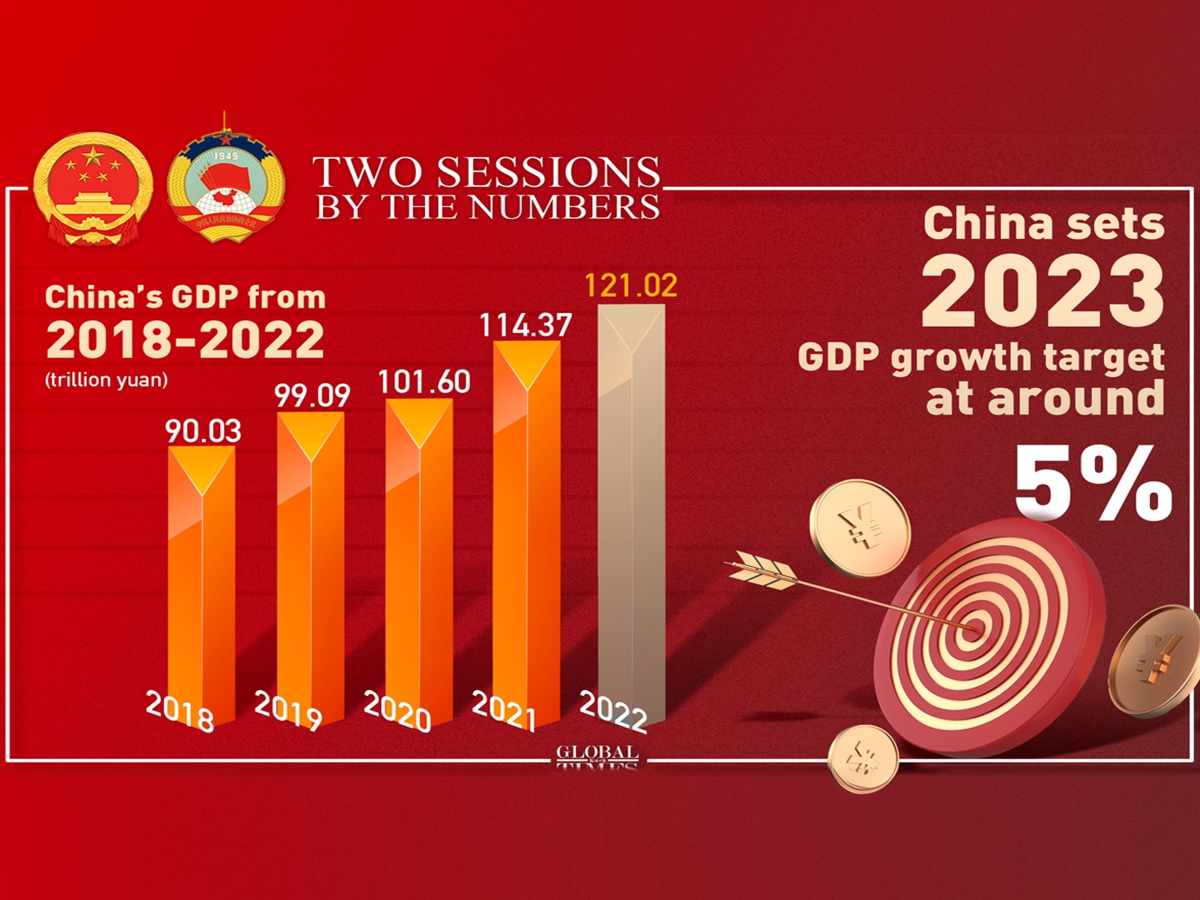
China (MSCI China Index: -3%) mimicked the negative global trend in October with additional pressure from concerns over slowing global demand for the country’s exports and an ailing property sector. However, the economy seems to be stabilising. The Chinese government has acted to support the economy with several pro-growth initiatives (including raising spending on building ports and other infrastructure, cutting interest rates, and easing curbs on home-buying).
Let me leave you with some wisdom: Despair is suffering without meaning. We have to go through, to get to. Where you start is not as important as the direction you are heading.

